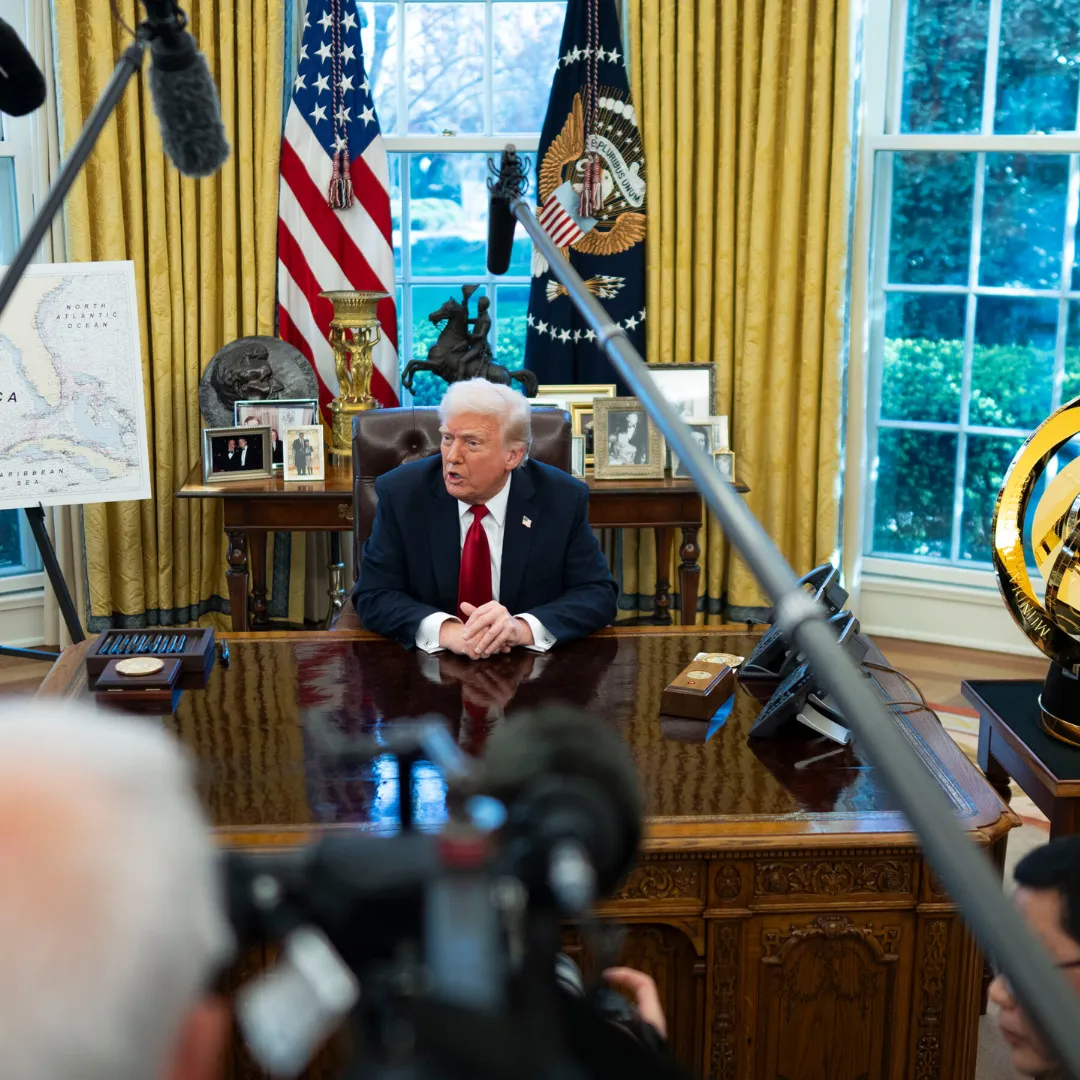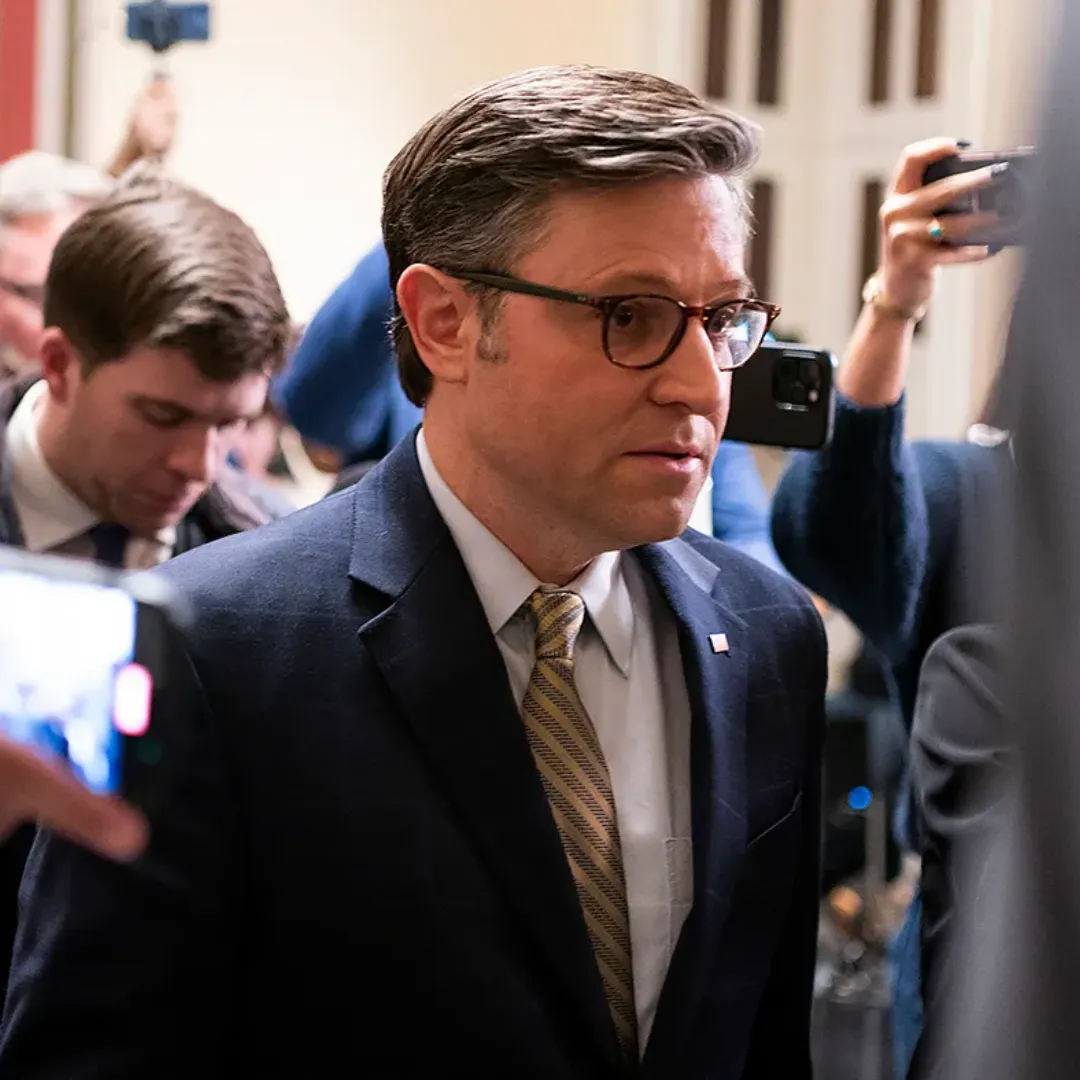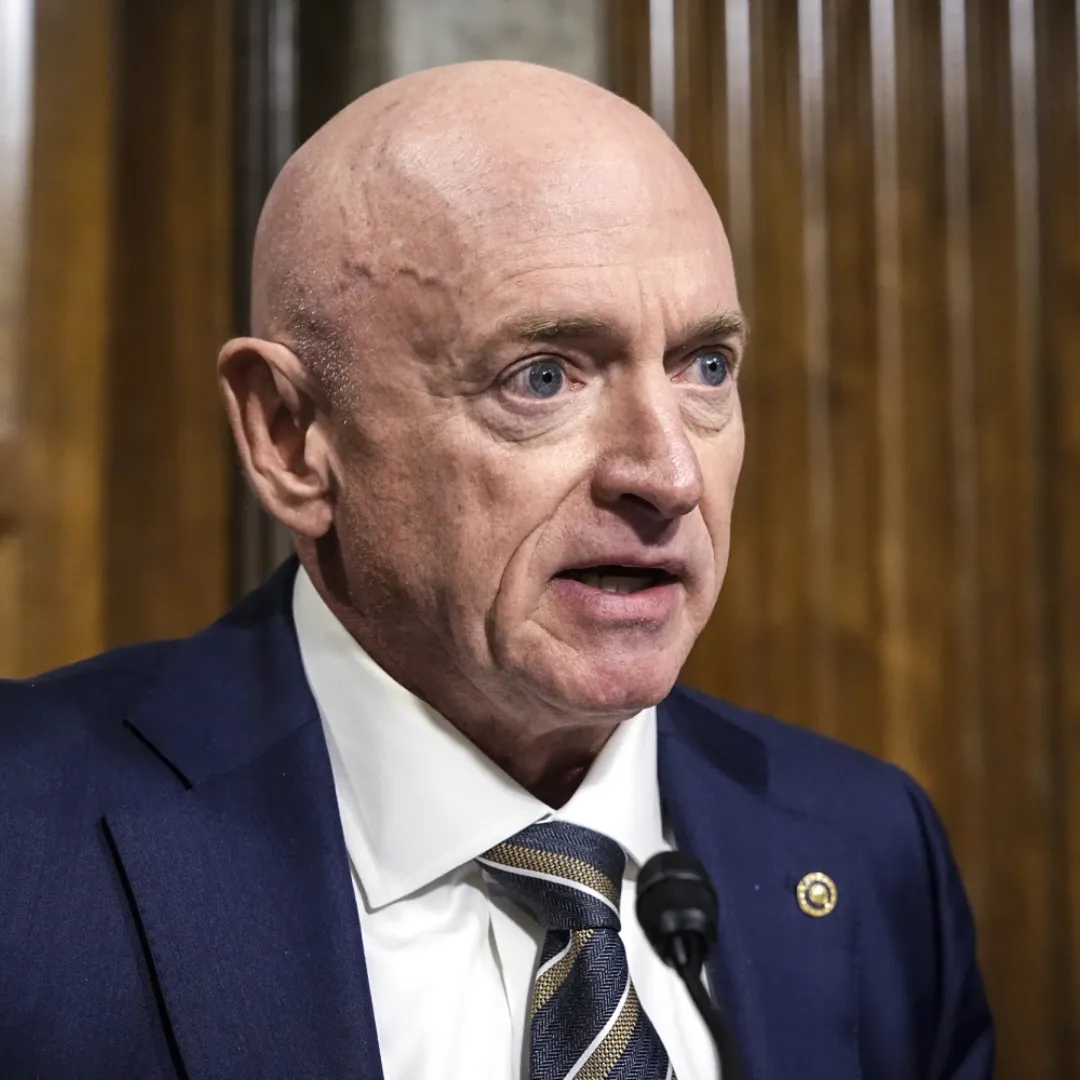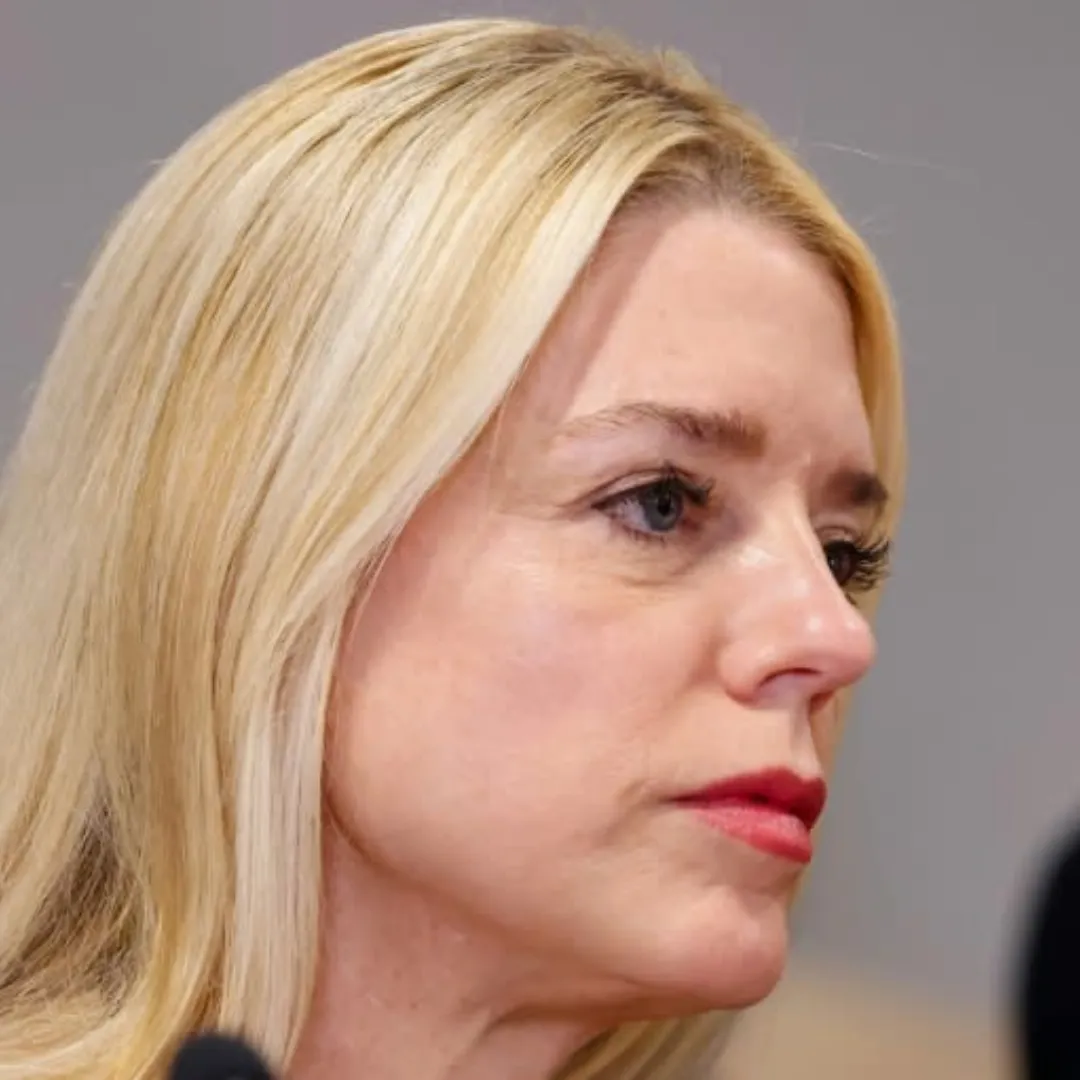
In a surprising and candid appearance on HBO’s Real Time with Bill Maher, California Governor Gavin Newsom (D) didn’t mince words when addressing what he sees as a growing problem inside his own political party.
With midterms on the horizon and political polarization at all-time highs, Newsom called out Democrats for becoming too “toxic,” too “judgmental,” and too unwilling to engage with those outside of their ideological echo chambers.
Speaking with Maher, the governor offered a rare self-reflection from a major Democratic figure—a critique that appears rooted not just in opinion, but in polling data showing a sharp decline in the party’s favorability among voters.
Newsom’s comments come on the heels of backlash he received for inviting prominent conservative voices onto his new podcast, This Is Gavin Newsom. Critics, including some in his own party, accused him of “platforming” far-right ideologues by engaging them in civil conversation.
Among the guests were former Trump adviser Steve Bannon and Turning Point USA co-founder Charlie Kirk—two figures that many progressives view as beyond redemption.

But Newsom defended his decision.
“I mean, this idea that we can’t even have a conversation with the other side … or the notion we just have to continue to talk to ourselves or win the same damn echo chamber—these guys are crushing us,” Newsom said, clearly frustrated.
He elaborated that the goal of his podcast isn’t to endorse, nor to placate, but rather to open a dialogue where disagreement is still possible without dehumanization.
“I’m not looking to put a spoke in the wheel of their—or a crowbar in the spokes of their wheel to trip them up,” he said. “It’s an opportunity to try to find common ground and not take cheap shots.”
Newsom didn’t stop there. With bluntness rarely heard from a sitting Democratic governor, he went on to say what many Democrats have whispered behind closed doors.

“The Democratic brand is toxic right now,” he said plainly. “We talk down to people. We talk past people.”
His statement echoed a growing sentiment that the Democratic Party—while still a strong voice for progressive values—is increasingly losing touch with middle America, working-class voters, and independents who might lean liberal but are alienated by the party’s tone and tactics.
His appearance on Maher coincided with new polling that painted a troubling picture for Democrats.
A recent NBC News poll revealed only 27% of respondents held a positive view of the Democratic Party—the lowest level recorded in years. In contrast, 54% of respondents in a separate CNN poll expressed an unfavorable opinion of the party, a sharp increase from before President Trump took office in 2017, when only 48% said the same.
The timing of Newsom’s remarks suggests a deliberate warning to his own party as it struggles to find its footing ahead of upcoming elections.
A significant portion of the conversation with Maher centered around the concept of cancel culture—something Maher himself has long criticized.

Newsom acknowledged its real-world impact and admitted the party’s complicity in perpetuating it.
“Democrats, we tend to be a little more judgmental than we should be,” Newsom said. “This notion of cancel culture… You’ve been living it. You’ve been on the receiving end of it for years. That’s real.”
He then issued a challenge to his party: take accountability, and grow up.
“Democrats need to own up to that. They’ve got to mature.”
That acknowledgment may resonate with voters who feel that the culture wars have overtaken substantive policy discussions. For Newsom, the solution lies in humility and openness, not doubling down on ideological purity.
Newsom’s tone throughout the interview suggested a politician thinking well beyond California.
Long rumored as a possible contender for the presidency in 2028, the governor’s public reckoning with Democratic shortcomings could be seen as part of a broader effort to position himself as a pragmatic, centrist alternative within a party that has often veered toward the progressive left.

His willingness to criticize the party’s internal culture aligns him with other prominent voices who have done the same. Senators Bernie Sanders (I-Vt.) and John Fetterman (D-Pa.) have both recently voiced concerns about the party’s messaging and strategic direction.
Like Newsom, they’ve pushed for the party to reconnect with working-class Americans and to stop focusing so heavily on performative politics.
Still, Newsom has been careful not to alienate the party’s base. He remains a vocal advocate for climate policy, housing reform, and reproductive rights—cornerstone issues for the modern Democratic coalition.
But by speaking openly about the need for strategic course correction, he may be signaling a willingness to lead the charge into a new, more inclusive phase of Democratic politics.
Newsom’s comments hit a nerve in a moment when Democrats are struggling to maintain unity, excitement, and direction.

Internal divisions—between moderates and progressives, between party loyalists and independent thinkers—have left the Democratic Party scrambling to find a cohesive narrative.
In recent years, many voters have voiced fatigue with what they see as elitism and out-of-touch messaging from the Democratic establishment.
While the party has had successes on policy—particularly on infrastructure, healthcare, and student debt relief—those wins have not translated into sustained enthusiasm.
Newsom’s warning is that unless Democrats are willing to change their tone, reach across the aisle, and speak to people with humility rather than condescension, they risk losing more than just elections—they risk losing relevance.



